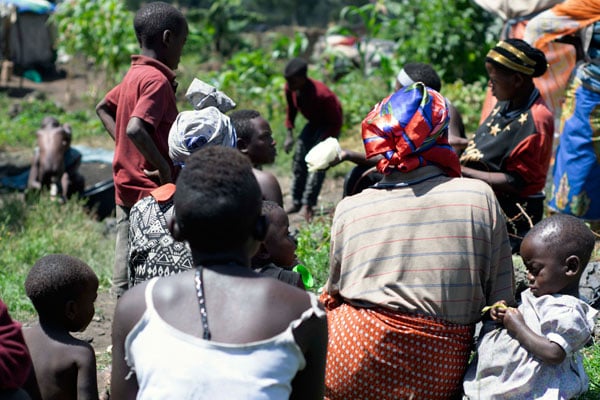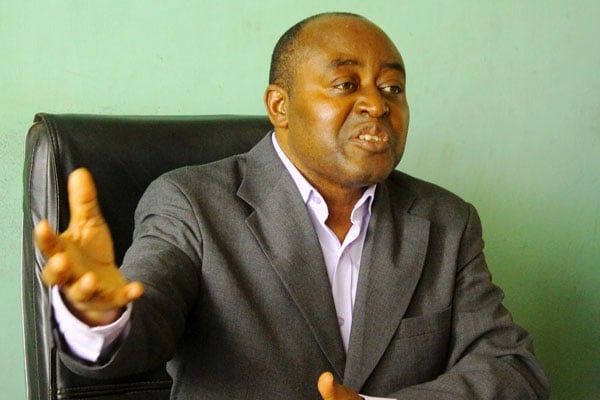Batwa in fear of extinction over intermarriages

Before being resettled in Ntandi Town Council, Bundibugyo District, in 2007, the Batwa were living in Semuliki National Park. PHOTO | FILE
What you need to know:
- Before being resettled in Ntandi Town Council, Bundibugyo District, in 2007, the Batwa were living in Semuliki National Park.
- But in Ntandi, they are living with other tribes such as Bakonjo, Bamba, and Bawisi, leading to intermarriages.
The Batwa community living in Bundibugyo District say their tribe is facing extinction due to increasing intermarriages.
Before being resettled in Ntandi Town Council, Bundibugyo District, in 2007, the Batwa were living in Semuliki National Park.
But in Ntandi, they are living with other tribes such as Bakonjo, Bamba, and Bawisi, leading to intermarriages.
The Batwa cultural leader in Bundibugyo, Mr Geoffrey Nzito, said in their culture, a Mutwa is supposed to be married to a fellow Mutwa.
The spokesperson for Batwa in Bundibugyo District, Mr Julius Balyebulya, on Wednesday said their population has since reduced after they were resettled in Bundibugyo compared to when they were in the forest.
“Now our current population has reduced to 159 from 180 in 2006 when we were still in the forest,” He said.
When the government of Uganda gazetted Semuliki National Park in 1992, the Batwa were displaced.
Mr Robert Nicholas, the director of UNICIDA, an NGO that advocates for the rights of Batwa, said young girls from the minority tribe are impregnated because of public myths.
“Because of the myth from the public that the Batwa girls cure backache for men, they are being impregnated and later abandoned,” he said.
The district chairperson, Mr Robert Tibakunirwa, said since being resettled in Ntandi Town Council, the Batwa have been facing a number of challenges, including food shortage.
He said a development partner, Last Frontier Missionaries, has bought land worth Shs40 million where they will construct permanent structures for the Batwa.
Mr Tibakunirwa added that the district has partnered with non-governmental organisations to help Batwa access better social services.
Last week, the district leadership resolved that all Batwa would not be lining up to get health services at any health facility.
Background
The Batwa originally lived in the Echuya, Bwindi, Mgahinga and Semiliki forests until the early 1990s when they were evicted. Today, Batwa live as squatters in Bundibugyo, Kabale, Kisoro and Rukungiri.



